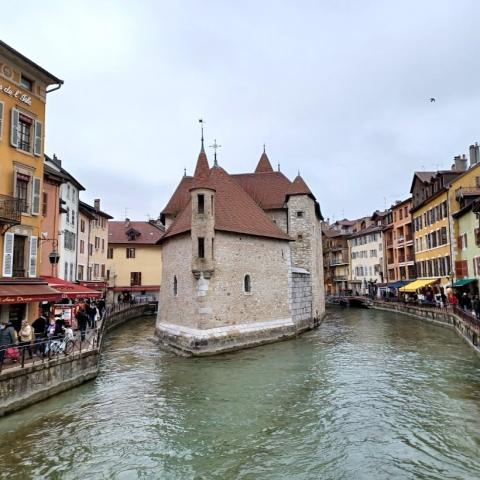By: Anya Mukundan, Caroline Richter, and Emilia Bertoli
One of my most favorite things about international traveling is the treasure hunt that is finding all the tiny, yet fundamental differences in everyday life across countries. Everyday things I never questioned my whole life change with cultures and countries, such as the layout of a keyboard or the order of fingers that go up as people count on their hands. Culture shock can be much larger and more serious, but these tiny little differences are enough for me to be shocked all the same. So, without further ado, here are here are some of the little things that personally shocked me and the team of peer advisors here at OSA the most when we traveled abroad.
France (Anya)

- Colored toilet paper: Maybe this is not just a France thing, but personally I had not imagined that toilet paper could be anything but white. Turns out it can be pink and purple too!
- No dryers: Almost every house I go into in the US has a dryer, but this appliance is not a given in France. It was a mental shift to remember to check the weather before doing my laundry.
- French Tacos: Tacos are everywhere in France – but not Mexican food. I was baffled when I learned French tacos are when you start with a taco, then you take everything away and replace it with a pressed burrito filled with meat, falafel, and French fries.
- Post-conversation pleasantries in shops: In France, and especially Toulouse, saying “Bonjour!” is basically a requirement before you start talking to anyone. Saying goodbye is even more of an ordeal because it often involves saying goodbye in every way you know how. A lot of interactions look like: “Thank you so much!” “You’re welcome, good day!” “Good day to you too!” “Bye, See you soon!” “Thank you goodbye! See you later!”
- Continents: French people count less than seven continents, not by combining Europe and Asia like we might, but instead combining the Americas.
Mexico (Emilia)
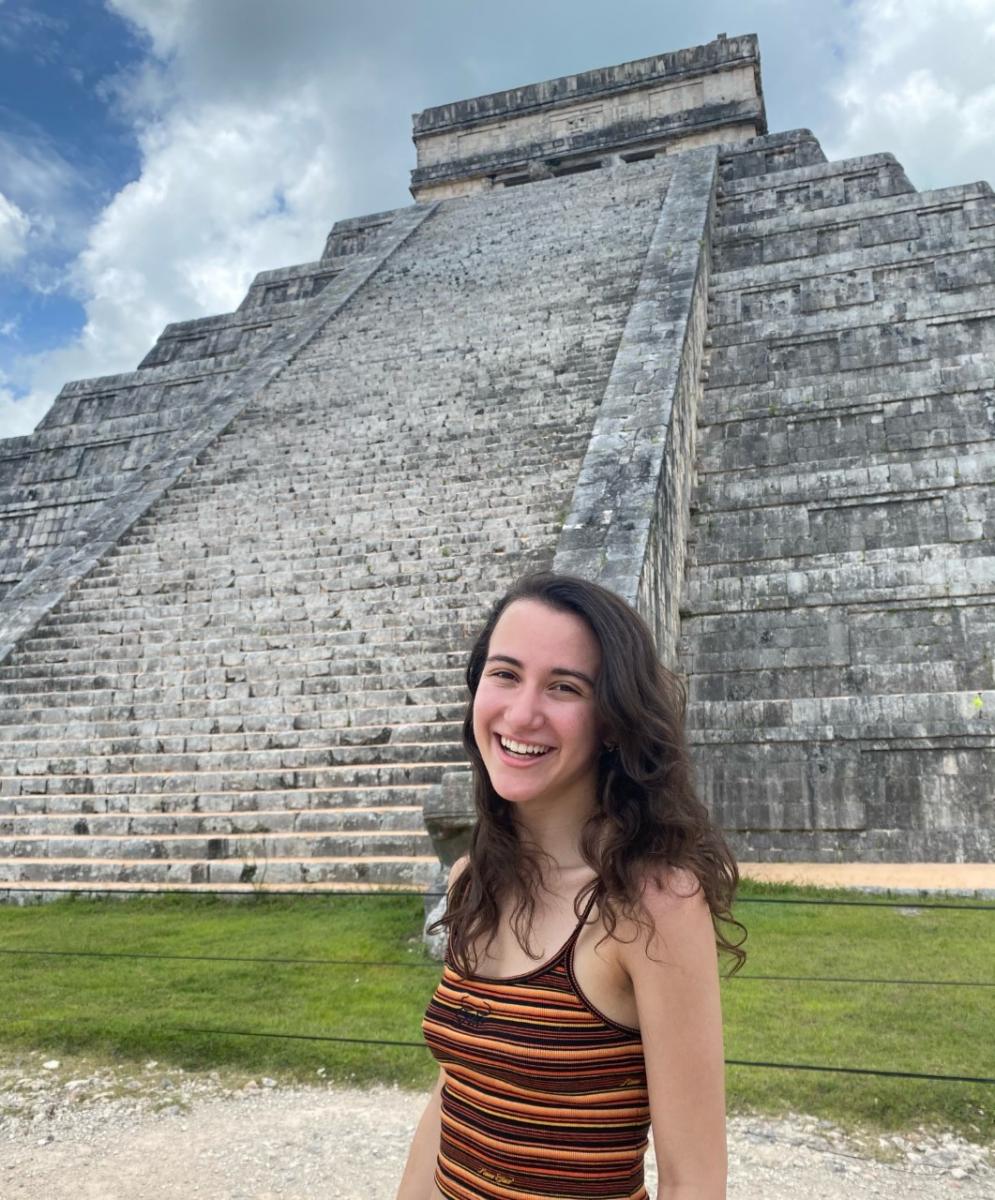
- Bottled water is more common: Depending on where you are in Mexico, the tap water could be fine, or you may not even be able to brush your teeth with it. While locals can drink the tap water in some areas, tourists are usually advised against it.
- Face masks everywhere, for everyone—even outside: While visiting Merida in 2021, I noticed that wearing a mask wasn’t a political debate.. Everyone cooperated with local COVID-19 regulations, even in 90 degree weather!
- Breakfast is more elaborate: Complimentary breakfast was provided at the Holiday Inn I stayed at with my program. However, they served chicken, beans, and pork for breakfast instead of the usual bacon, eggs, and cereal.
- Food can be very inexpensive: The cost of living in parts of Mexico is much lower than the United States. I was surprised to see that you can get delicious tacos for as low as 20 pesos (one dollar) each!
- 11 pm city-wide curfew (Due to COVID-19): This was a COVID specific culture shock, since Merida had a mandated curfew of 11 pm over the summer. It was interesting to see that after 11 pm, there was nobody outside except police cars.
Rwanda (Caroline)
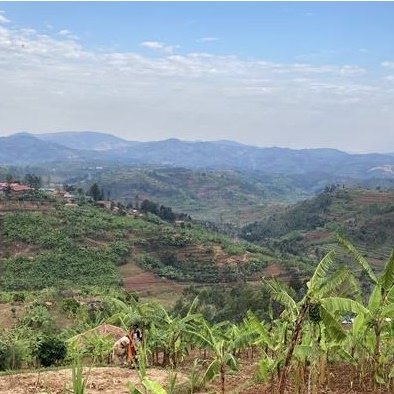
- Sleeping under a mosquito net: It took some practice to perfect tucking the net in before going to bed and tying it back up in the morning but once you get used to it you hardly notice it is there.
- Going through metal detectors before entering any building: Rwanda takes security and safety very seriously so in addition to pandemic-related pre-entry requirements like temperature check and hand sanitizing before entering a public building you often have to go through a metal detector and put bags through an X-ray too. In addition, it is common to see police officers walking around with huge guns patrolling almost every block.
- Immense respect for the President: No one talks poorly about the President in public and you cannot even walk in the area in front of his house. Government criticism in general is taken very seriously.
- Motorcycle taxis: The most ubiquitous option to get around the city is to hop on the back of a moto. While this can be risky it is also a lot of fun and a gorgeous way to see the mountains and city around you.
- “African Time”: No event starts at the time you are invited for. Most people will come minimum of an hour late and it is common to see the event only get busy 2-3 hours after it starts. People would commonly translate the event time from “African time” into “muzungu time” (foreigner time) for me to know when to actually arrive.
UK (Anya)
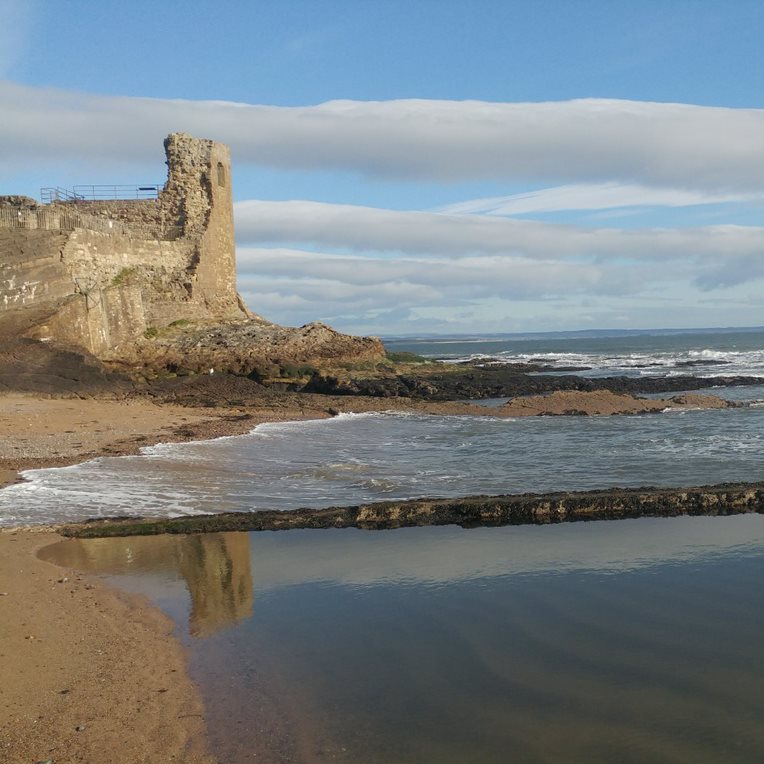
- Vinegar on chips: I do love salt and vinegar kettle chips, but I had never heard of salt and vinegar on British chips (aka French Fries). Equally as delicious!
- Random word differences: Living in the UK, I got the chance to discover some niche word differences, like rubber crumb instead of turf, pitch instead of field, or pudding instead of dessert. You also have to consider spelling (labor becomes labour, organization became organisation) -- running my papers through British English autocorrect before turning them in was an interesting experience!
- European bedding: I think I actually now prefer the European style of bedding, which gets rid of the top sheet. Less to deal with when I kick everything off my bed at night.
- Secret walkways: Older European cities in general do not have a modern, gridlike layout, as they were built and modified over time. Streets wind and the path from A to B is not always evident. There are so many small pedestrian walkways between buildings. I loved when I was able to turn down them with the confidence of a local.
- Distance/time perception: This is similar for most Europeans, but their concept of a long distance is much shorter than ours. For them, my two-hour flight from home to Tulane is a crazy distance to travel just to get to school. My brother once told me that in Europe, 100 miles is a long distance, while in the US it's 100 years that is a long time. My university abroad was founded before the US itself!
- Metric system: While I have always known about the metric system, the ways in which it works itself into your everyday life are interesting when abroad. I had to stop myself from saying, “It’s been so nice recently, it was almost 70 yesterday!” Instead, I say I had to wear a t-shirt, and I just smile and nod when other people spout random Celsius numbers at me.
Japan (Caroline)
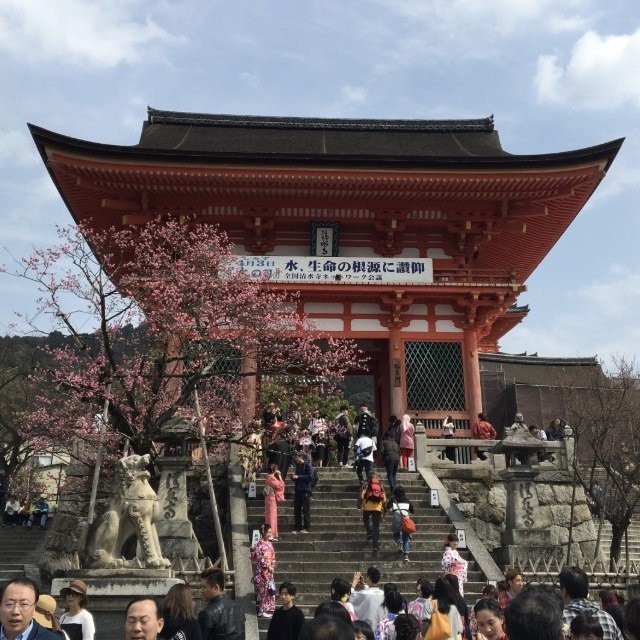
- Metro: The Japanese metro system is the best metro system in the world (in my opinion) and has a lot of unspoken rules. People do not speak very loudly if at all and everyone minds their personal space. The metros are always very clean and no one litters. Trains are punctual to the minute and delays are uncommon.
- Vending machines: Vending machines are my second favorite thing about Japan and they are EVERYWEHRE. They have some of the best coffee and fun drinks that are super affordable. Vending machines are even common in restaurants where you order your food from it without interacting with a person at all.
- Convenience stores: 7/11, Family Mart, and Lawson are the most popular convenience stores and there are usually about 5 around you in any given moment. They have incredible food, snacks, drinks, and even clothes sometimes!
- Pictures of food on the menu: In America I am very wary of places that put images on their menus but in Japan it is a lifesaver when you can’t read Japanese and the food usually comes out looking identical to the picture. Also many restaurants have models of their food in the windows of the restaurant too.
- Bowing: It is the most common sign of respect to bow to someone as a way of saying thank you. The deeper your bow, the more respect you are showing to the person you are bowing to. This is often accompanied by many goodbyes, thank yous, and more bows as you leave.
